Historic vote passes Queensland euthanasia law
Five of Australia’s six states have put voluntary euthanasia on the statute books after a historic vote in the Queensland parliament.
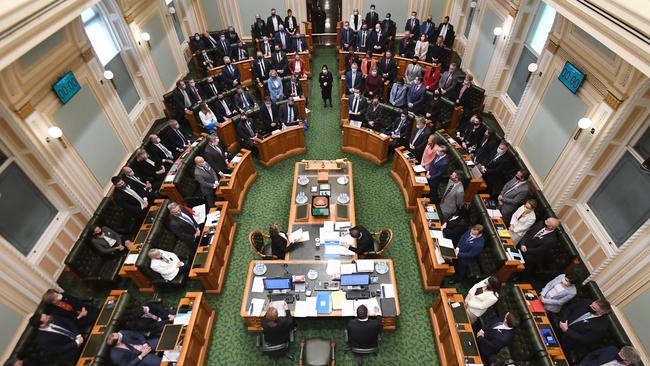
Five of Australia’s six states have put voluntary euthanasia on the statute books after a historic vote in the Queensland parliament enshrined the nation’s most far-reaching assisted dying scheme and built pressure on NSW to follow suit.
Queenslanders will be able to legally end their lives with the help of medical staff from January 2023, after a three-day debate by state MPs.
With laws passed in every state except the largest, NSW, two-thirds of Australians will have access to assisted dying by the time the Queensland scheme comes into operation.
Queensland’s single-chamber parliament passed the legislation with support of 10 Liberal National MPs and despite opposition from three Labor politicians.
The two Greens MPs and Noosa independent Sandy Bolton also supported the bill, ensuring it passed with a majority 61 to 30.
This was larger than VAD advocates predicted ahead of a vote.
Premier Annastacia Palaszczuk said there were “a few surprises”, given the support from the LNP, and praised MPs for a respectful debate.
“It is very historic,” she said. “I think Queenslanders have spoke loud and clear, and we have listened.”
The architect of the world’s first euthanasia laws, Marshall Perron, hailed Queensland’s scheme as the new national benchmark.
Mr Perron was the former Northern Territory chief minister who oversaw the passage of Australia’s first euthanasia laws in 1995, which were overturned by the Howard government.
“Nothing has changed as far as the arguments for and against are concerned,” he said. “It is just very sad that there have probably now been thousands of people who would have used such legislation who missed out.”
Queensland broadens the eligibility for VAD, allowing people with a life expectancy of 12 months to access the scheme, up from six months in other states.
It backed away from a precedent in South Australia that offers an absolute right for faith-based facilities to object to the scheme.
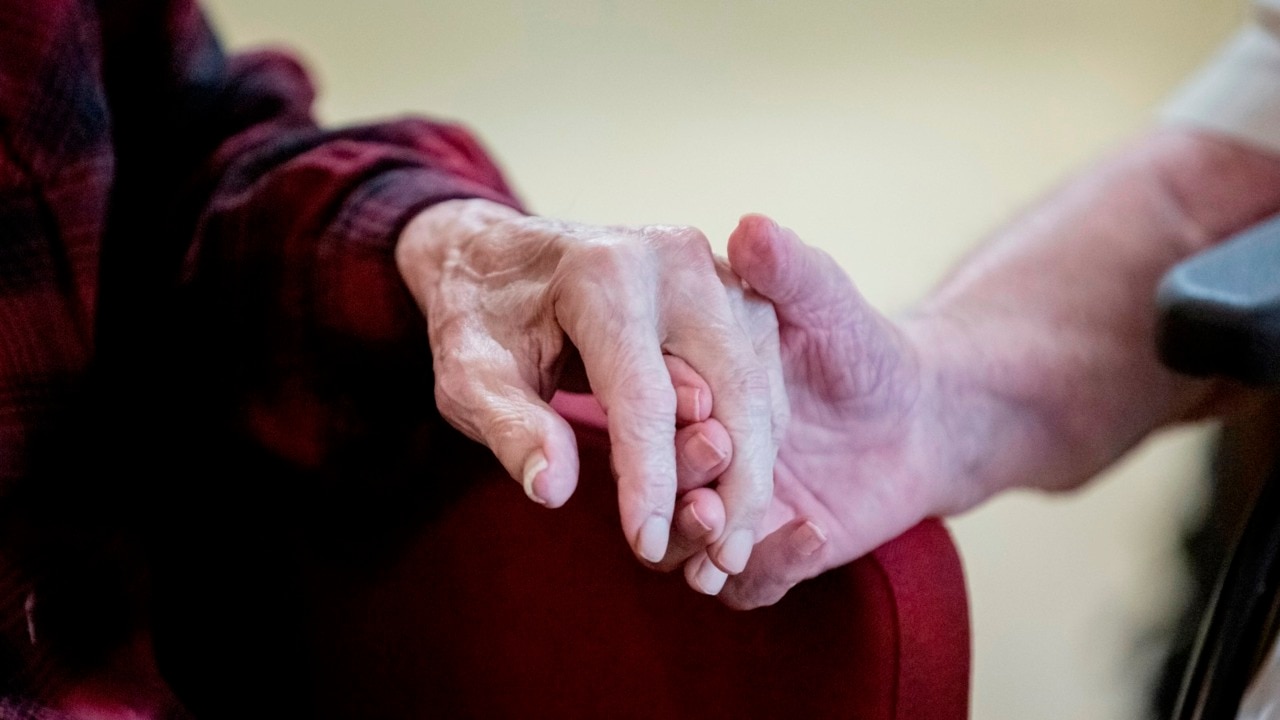
Although VAD patients must be independently assessed by two doctors, they do not need to be specialists. Doctors will also be able to raise the option of assisted dying with patients.
Labor MPs Linus Power, Joe Kelly and Bart Mellish voted against the bill, urging the government to focus on delivering better palliative care services before pursuing right-to-die legislation.
The Australian Medical Association and Palliative Care Queensland have said an extra $275m a year is needed to provide adequate care to all terminally ill Queenslanders.
The Palaszczuk government has budgeted an additional $171m over six years.
Robbie Katter, whose electorate covers remote parts of northwest Queensland, said people in regional parts of the state did not get “regular visits from surgeons in a nice palliative care unit”.
“People who are facing the end of their life with a terminal illness in remote areas will invariably stare into a different looking future than if they had private health care and lived in the middle of Brisbane,” the Katter’s Australia Party leader said.
Both major parties gave MPs a conscience vote that allowed 10 LNP politicians to support the government’s bill. They were: Ray Stevens, Michael Crandon, Dale Last, Steve Minikin, Tim Nicholls, Sam O’Connor, Brent Mickelberg, Michael Hart, Rob Molhoek and Mark Boothman.
All cited fundamental belief in the freedom of the individual as a driver of their support.
Mr Nicholls, opposition legal affairs spokesman, said: “Voluntary assisted dying is just that: voluntary”.
“Why would a compassionate society deny that wish to someone already dying and suffering?”
Former LNP leader John-Paul Langbroek missed the vote as he was in quarantine after travelling to Victoria in August for his father’s funeral.
Despite parliamentary support, the scheme may face hurdles after the state’s Catholic healthcare services flagged plans to boycott assisted dying.
The state’s peak medical bodies, including the Australian Medical Association, joined with faith-based providers to lobby against the scheme throughout the debate.



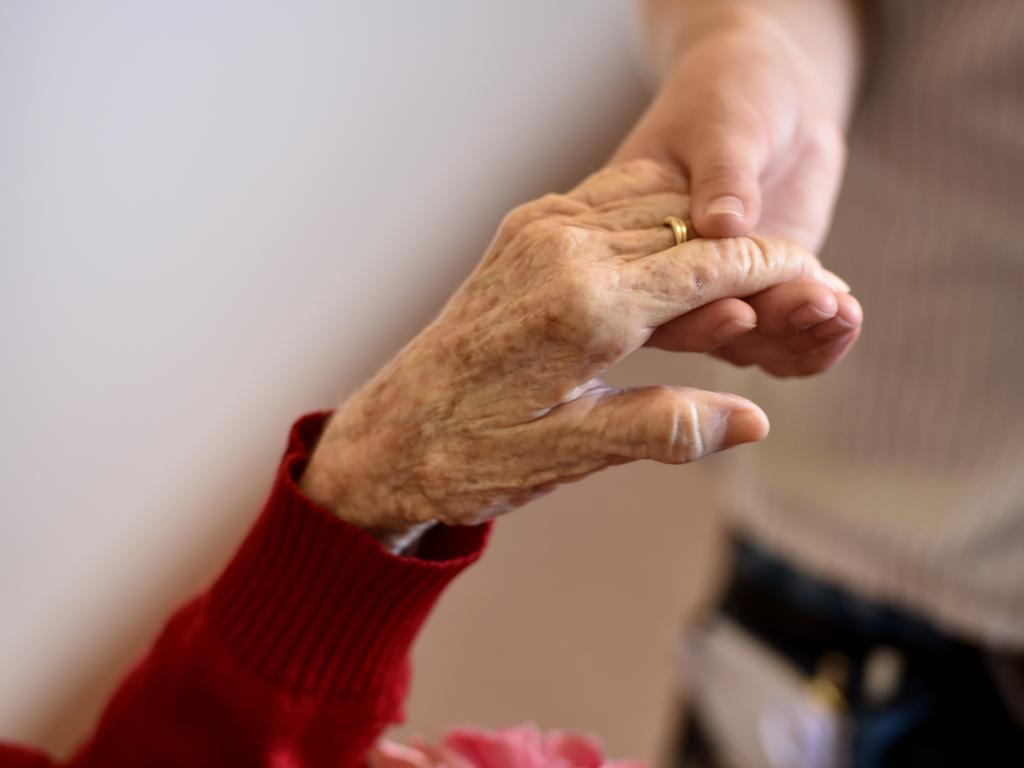
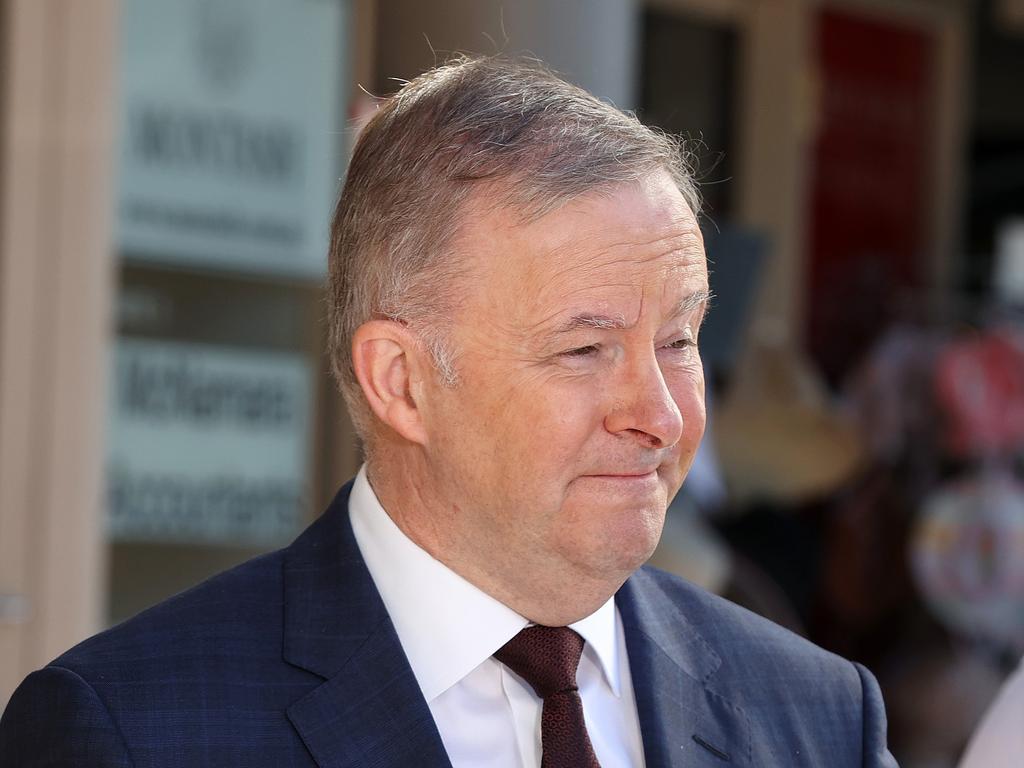
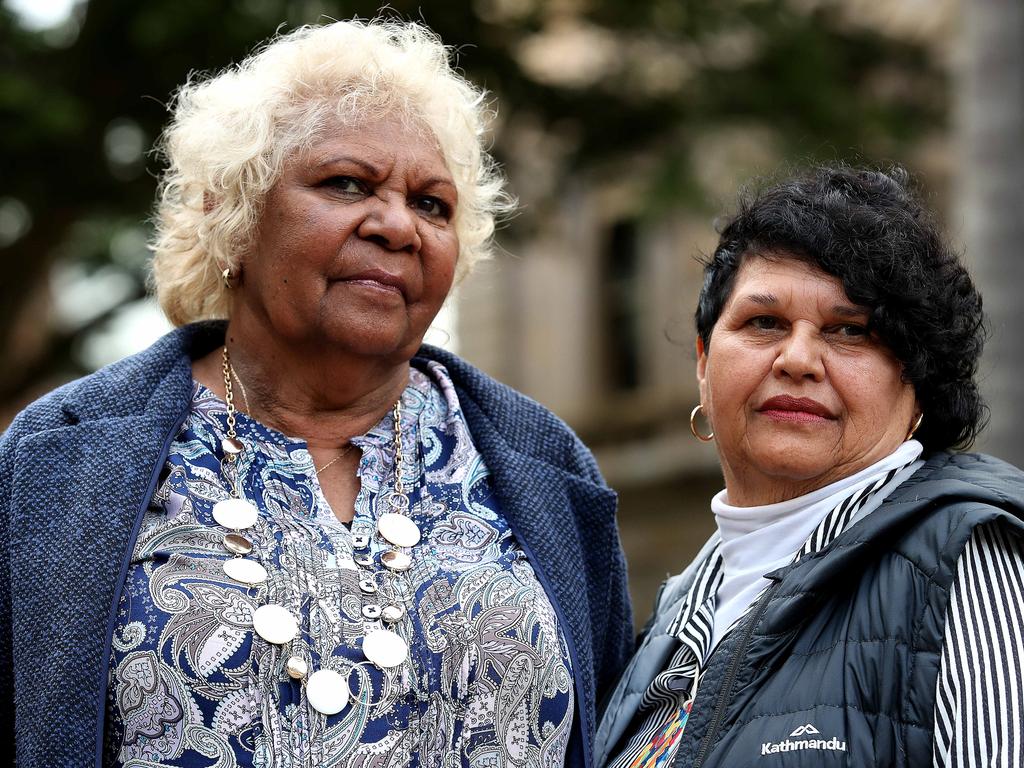


To join the conversation, please log in. Don't have an account? Register
Join the conversation, you are commenting as Logout